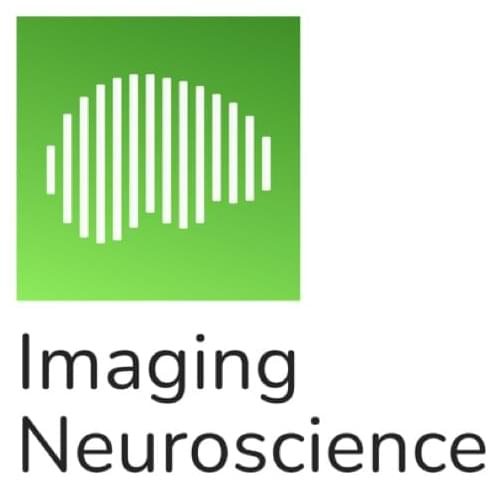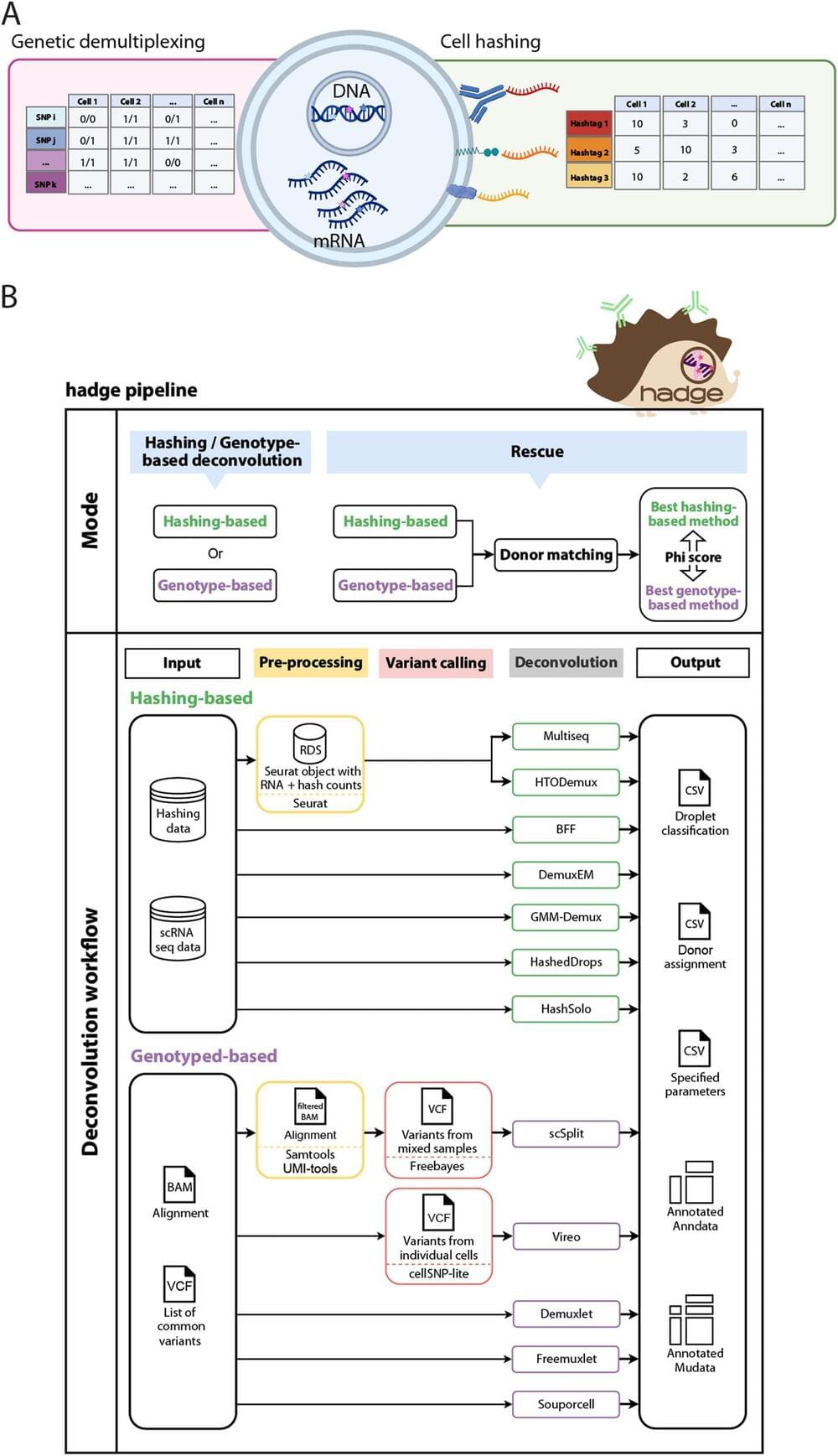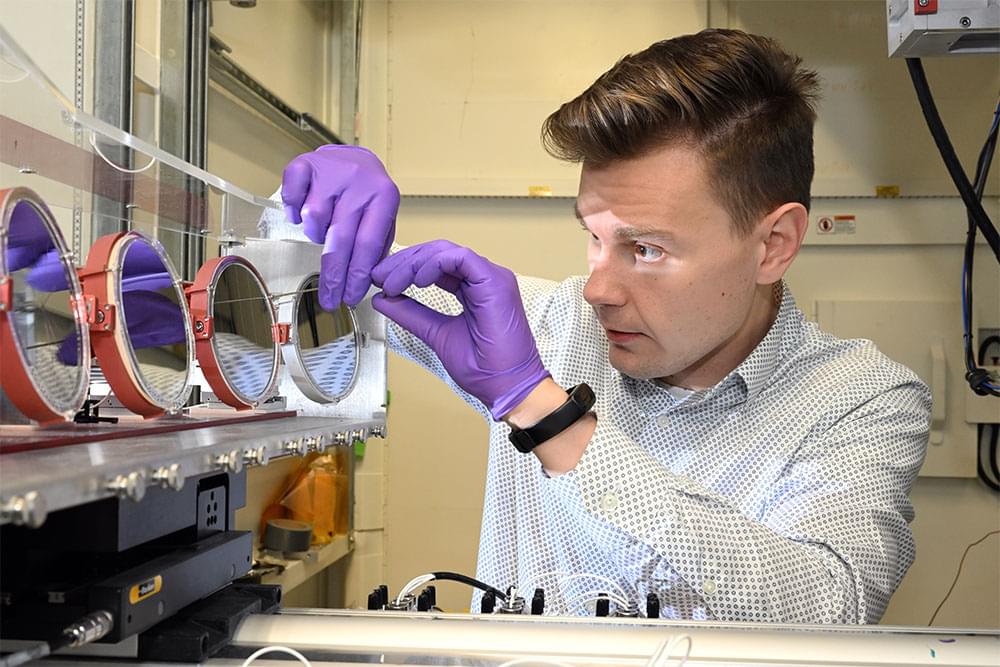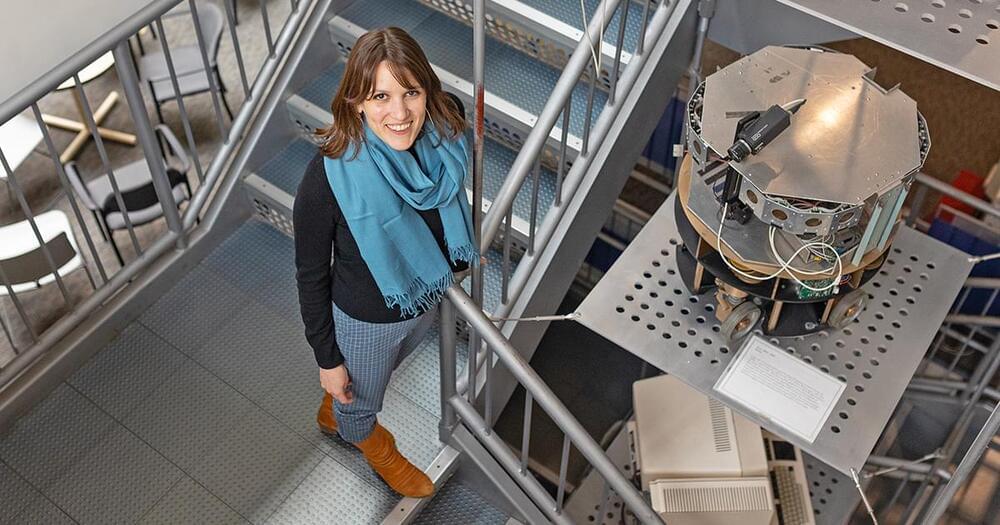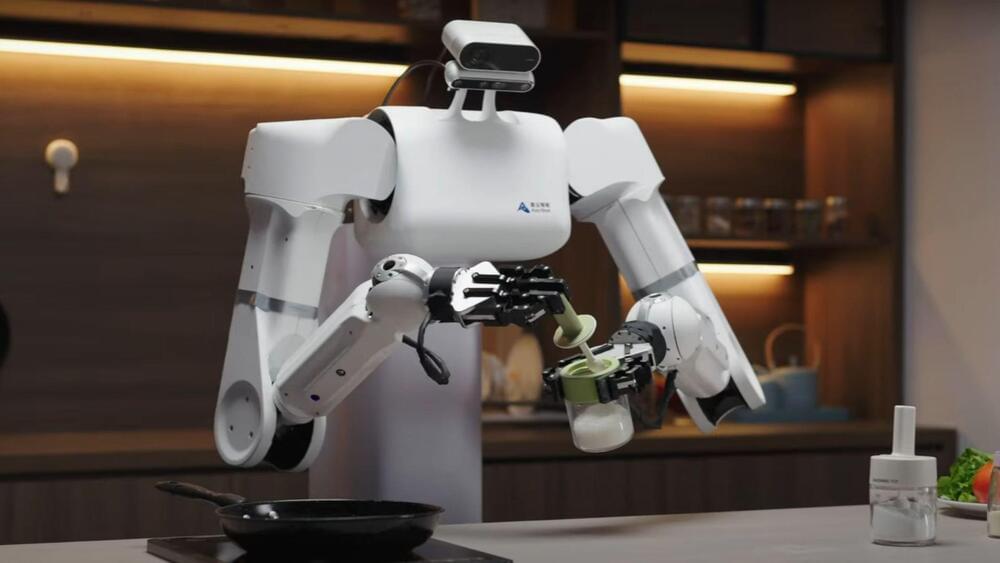Apr 27, 2024
The coming decade of digital brain research: A vision for neuroscience at the intersection of technology and computing
Posted by Dan Kummer in categories: biotech/medical, computing, neuroscience
Abstract. In recent years, brain research has indisputably entered a new epoch, driven by substantial methodological advances and digitally enabled data integration and modelling at multiple scales—from molecules to the whole brain. Major advances are emerging at the intersection of neuroscience with technology and computing. This new science of the brain combines high-quality research, data integration across multiple scales, a new culture of multidisciplinary large-scale collaboration, and translation into applications. As pioneered in Europe’s Human Brain Project (HBP), a systematic approach will be essential for meeting the coming decade’s pressing medical and technological challenges.
